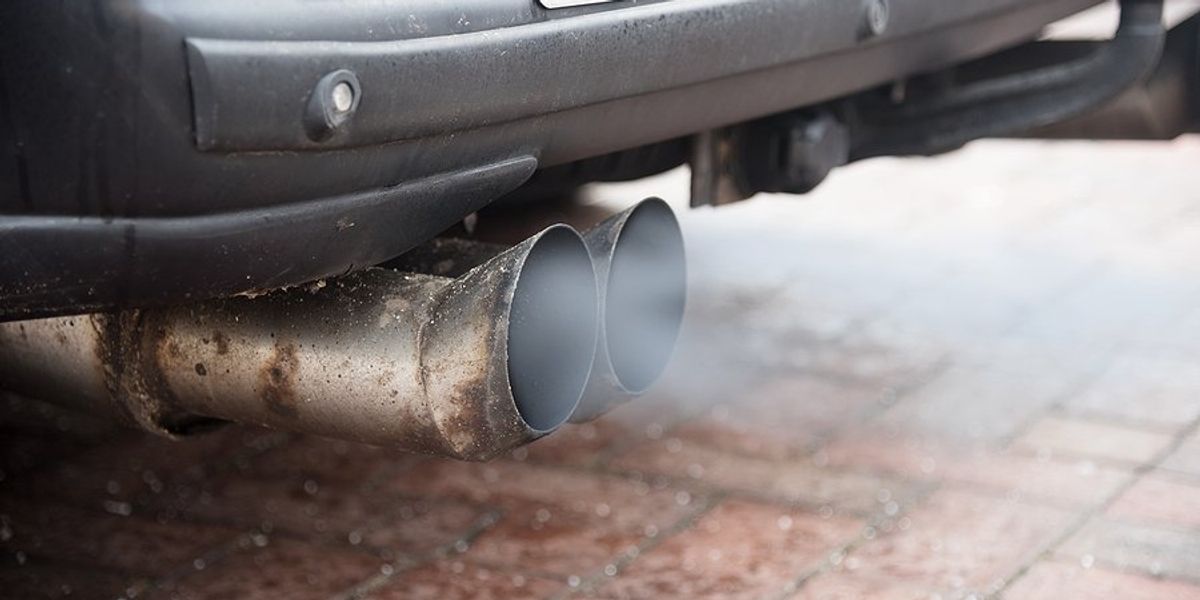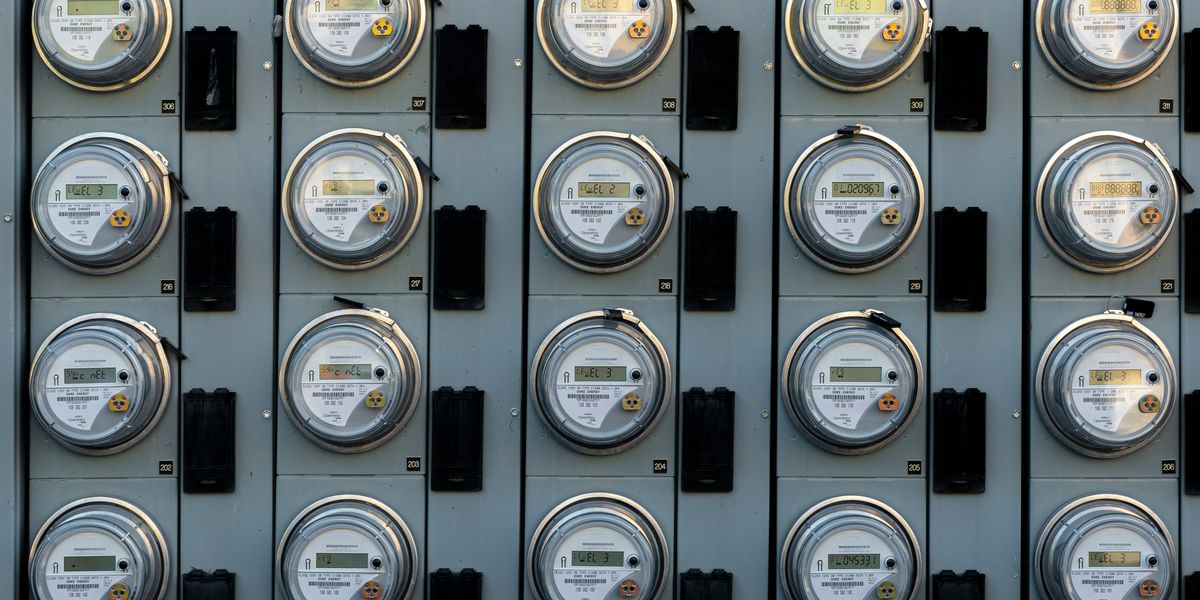
Greenpeace faces financial peril in high-stakes lawsuit
Greenpeace, known for its bold environmental activism, could be forced to close its U.S. offices if it loses a $300 million lawsuit over its role in protests against the Dakota Access Pipeline.
Karen Zraick reports for The New York Times.
In short:
- Energy Transfer, the pipeline’s owner, accuses Greenpeace of enabling illegal attacks and running a damaging publicity campaign, while Greenpeace argues the suit is an attempt to stifle free speech.
- The case is unfolding amid broader challenges for the environmental movement, including increasing legal risks for protesters and efforts to roll back environmental regulations.
- Greenpeace, founded in 1971, has long relied on high-profile activism but now faces internal struggles, shifting priorities, and questions about its relevance in a rapidly changing media landscape.
Key quote:
“The idea of Greenpeace ships, and save the whales and hanging off a bridge or something like that was truly magical. And on the best days Greenpeace really was like that. Of course, there’s also the slog of the day-to-day that is less sparkly.”
— Valentina Stackl, former Greenpeace USA employee
Why this matters:
The lawsuit against Greenpeace is part of a growing trend of legal battles targeting environmental and social activism. In recent years, many states have passed laws imposing harsher penalties on protesters, and corporations have used litigation to push back against opposition. The case could have far-reaching consequences for advocacy groups, potentially deterring future environmental campaigns.
A ruling against the group could set a precedent that makes it riskier — and costlier — to speak out against powerful industries. More broadly, the environmental movement finds itself at a crossroads, facing political headwinds even as climate change becomes harder to ignore. With regulatory rollbacks and shifting public priorities, activists are grappling with how to sustain momentum in an increasingly challenging landscape.
Read more: Fossil fuel companies use lawsuits to stall climate action













